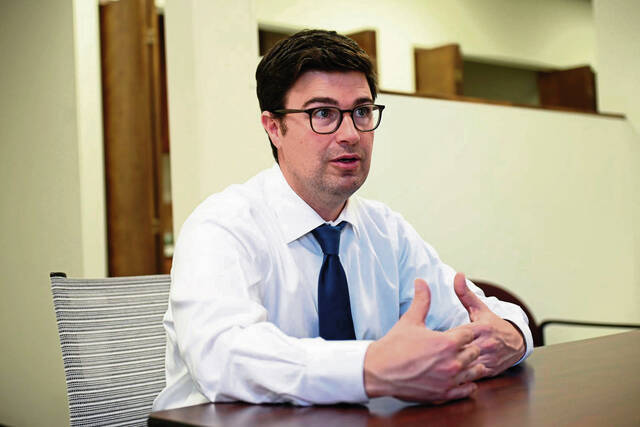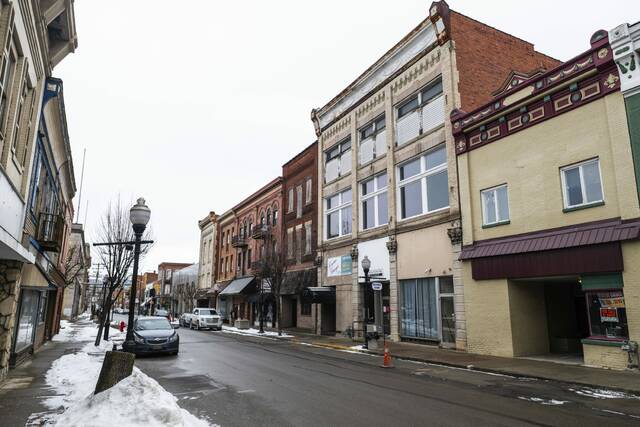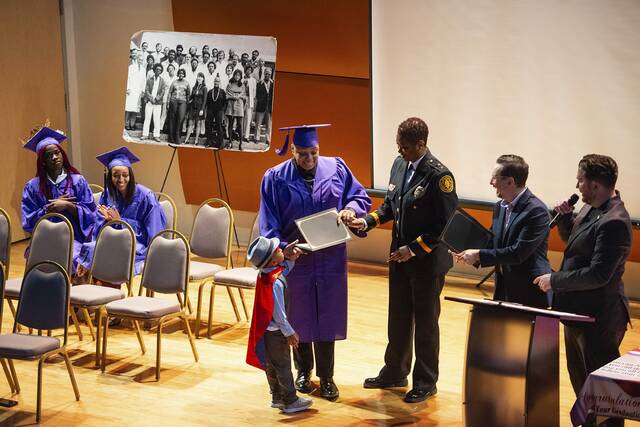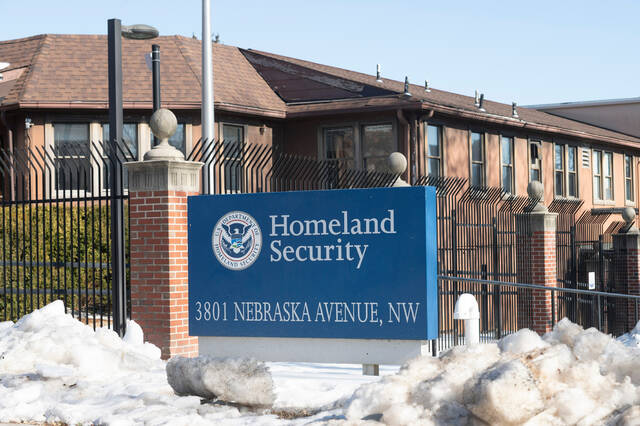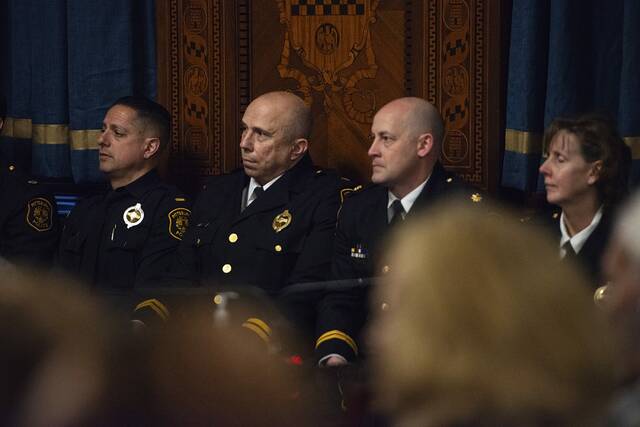An audit this week raised concerns that people seeking mental and behavioral health services in Allegheny County have to navigate a maze of waiting lists and could spend months or even years on them before getting help.
In the most egregious case uncovered by Allegheny County Controller Corey O’Connor, some people were on waiting lists for nearly six years.
Of the 17 mental health services examined, the county maintained waiting lists for only four.
One of them, Community Residential Services, showed 58 people waiting for help at the end of last year, with some waits exceeding 2,100 days.
In a written response to the controller’s audit, the county’s Department of Human Services Director Erin Dalton said such significant delays are not the norm and apply only to “four unique clients with special circumstances.”
Median wait times as of the end of last year ranged from around 50 to 119 days, depending on the program, according to information provided by Dalton.
O’Connor’s audit, which looked at the county’s mental and behavioral health programs from July 1, 2023, through June 30, 2024, discovered the county does not maintain a centralized waiting list for such services, forcing clients to navigate queues across various providers on their own.
The controller’s office raised concerns that the existing process could be frustrating, possibly deterring people from seeking treatment.
It may also lead to people signing up for the same services with multiple providers, which could increase no-show rates, the audit found.
“While funding and capacity limitations are unavoidable, we cannot allow administrative hurdles to prevent or deter individuals from accessing potentially life-saving services,” O’Connor said.
He likened administrative inefficiencies in the mental and behavioral health programs to those his office identified in a recent audit of homeless services, which showed dozens of shelter beds sat empty as people were living on the streets waiting for spots.
The Department of Human Services in a written statement said it is not considering implementing centralized waiting lists, arguing such a move would be infeasible and wouldn’t solve problems with access.
The department argued centralized lists would would create “administrative burdens” for service providers and could deter some providers from working with the county at all.
During the time period covered in the audit, the county received more than $616 million from various public and private sources to support the mental and behavioral health programs the controller reviewed.
O’Connor noted the county sometimes pays different rates for the same services and suggested the human services department create a rate-setting policy.
The controller also flagged staffing shortages.
Dalton in a written response agreed “it is imperative to recruit and retain high-quality staff.” The department, she said, is recruiting to fill 11 county positions and six more contracted jobs.
But county officials have been ordered to freeze non-essential hiring as the state budget impasse — which has stretched beyond 100 days — leaves counties throughout the commonwealth scrambling to stay afloat.
The department is still moving forward with efforts to hire a director of behavioral health, director of substance use services and senior manager of managed care oversight, as well as several other specialized positions.


